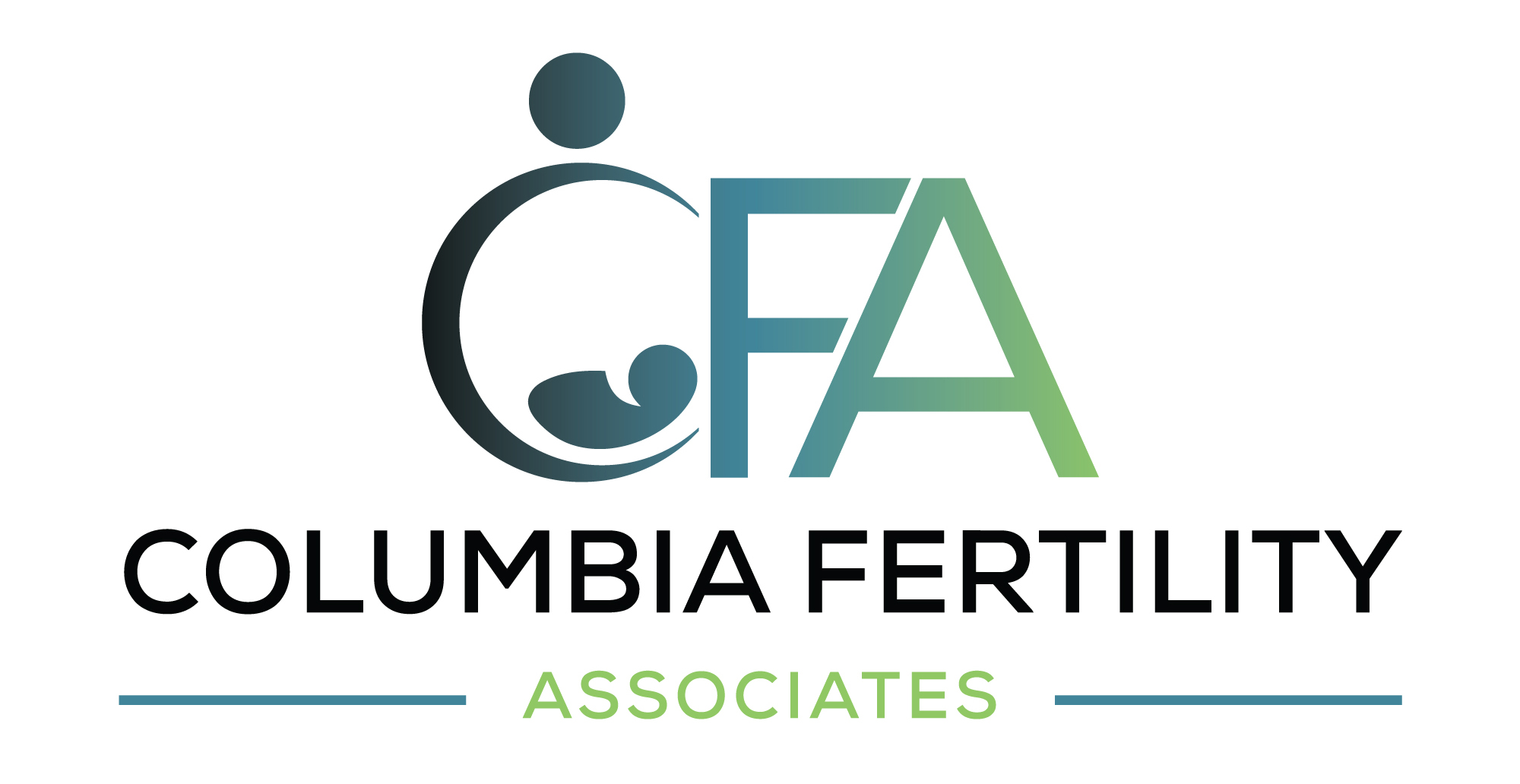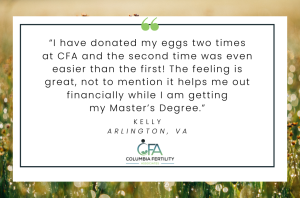Fertility treatments encompass a wide variety of technologies and procedures that can help you have a child even if you or your partner’s been labeled infertile. Fertility treatments are also a wonderful solution for LGBTQA+ couples who wouldn’t be able to conceive a child on their own.
At Columbia Fertility Associates, our fertility specialists provide a variety of fertility treatments, including in vitro fertilization (IVF), at our offices in Washington, DC; Bethesda, Maryland; and Arlington, Virginia. We also believe in being transparent about our results. As a member of the Society of Assisted Reproductive Technology (SART), we report our success rates every year.
Interpreting success rates for assisted reproductive technologies (ART), including IVF, is complicated and confusing. Each patient has different medical characteristics, and our clinics take individualized approaches to all of them.
Also, reporting, interpreting, and then publishing the data takes time. Our latest statistics come from 2019, are still preliminary, and were affected by the shutdown that accompanied the pandemic.
We don’t create artificial cut-off rates based on age or hormonal status. We counsel each client individually to help them make the best decision based on their unique physical attributes and circumstances, as well as the available clinical data.
Using your own, fresh eggs
With IVF, you have a choice of using your own fresh eggs, your own previously frozen eggs, or donor eggs. The choice depends on your unique situation. If you’re young enough and have plenty of eggs in your ovaries, we usually advise using your own eggs.
Regardless of the type of eggs used, the IVF procedure is the same. The eggs are fertilized with partner or donor sperm in the lab. Once embryos form, a healthy one (or more than one) is implanted in the biological female’s uterus. If all goes well, the embryo grows into a healthy baby.
In 2019, the success rate for IVF for biological females using their own eggs varied widely by age. Women under the age of 35 had a nearly 39% success rate.
Women between the ages of 35-37 had a success rate of 29.4%. But by age 38-40, live births occurred in only 17.6% of cases, only 9.3% for ages 41-42, and only 1.6% for women over age 42.
A myth persists that IVF tends to result in multiple births. However, almost all births were for just one child (i.e., a “singleton”). Only one woman had multiple babies: She was under 35 and had triplets.
Using fresh donor eggs
You may need to use donor eggs if you have a genetic condition that would complicate your pregnancy, or if your ovarian reserves (i.e., the number of eggs you have) is low.
In 2019, we only used fresh donor eggs for IVF procedures in three women of various ages. If you want to use fresh donor eggs for IVF, we use fertility drugs to synchronize the donor’s menstrual cycle with yours. In two cases, the women who received fresh donor eggs gave birth to singletons.
Using frozen donor eggs
You may also choose to use donor eggs that have been cryopreserved (i.e., frozen). In this case, we don’t need to synchronize your cycle to another woman’s.
In 2019, we thawed frozen eggs for IVF to use in five women of various ages. Two of the women gave birth to singletons. One woman gave birth to twins.
In addition to IVF, we also offer other ART, including artificial insemination (AI) and donated sperm or embryos. However, in 2019 we didn’t use any donated embryos.
Your journey toward parenthood starts with a comprehensive consultation and evaluation at Columbia Fertility Associates. We want to make sure that you make the choice that’s right for you, based on your individual characteristics and circumstances.
To find out if fertility treatments can help you and your partner start or add to the family of your dreams, contact our office nearest you today.








